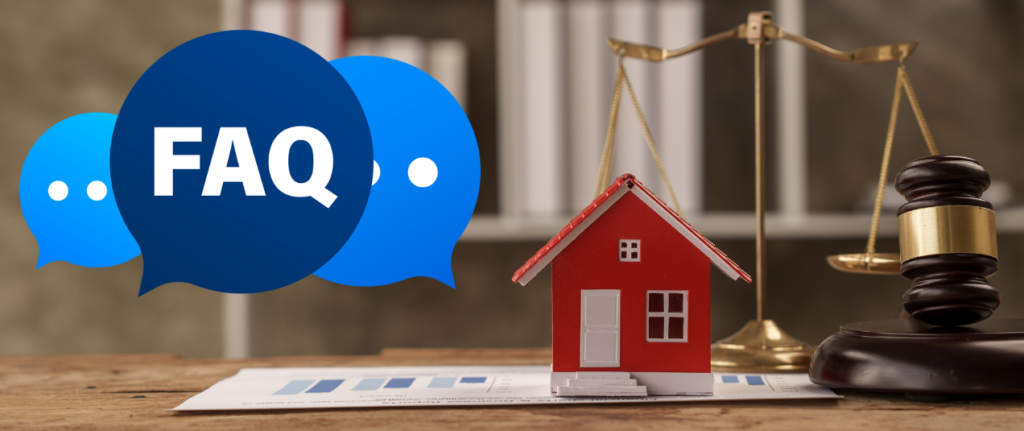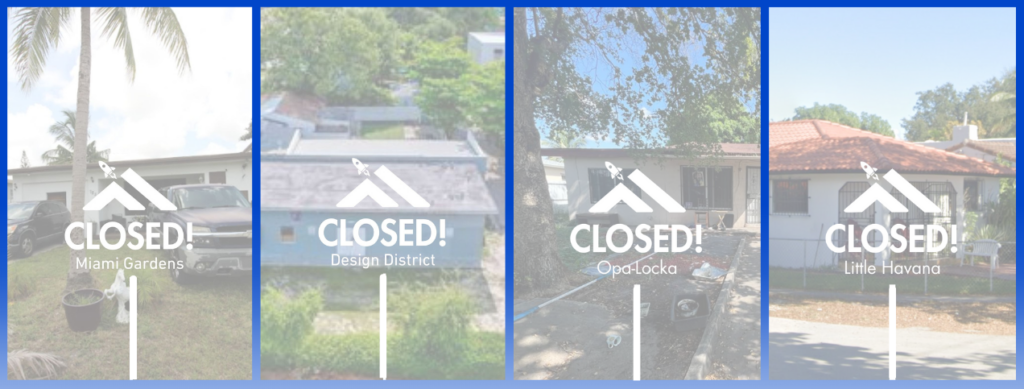
Learning how to handle the probate procedure becomes crucial when dealing with a loved one’s estate, especially when real estate is involved. For both executors of the estate and potential buyers interested in probate properties, it is crucial to understand every aspect of the probate process. This includes knowing if can you sell a house during probate, understanding how long does probate takes, and comprehending the legal proceedings of probate when the decedent dies without a will. Having a solid grasp of these elements can make a big difference in how well you invest in or manage probate real estate, as well as help you be ready for any obstacles or regulations that may come up. Let’s start from the beginning.
What Is Probate?
Probate is the legal process following a homeowner’s death if the property was not in a trust or owned by another person who did not have full rights of survivorship. In most cases, the real estate that needs to go through probate will need to be sold so the proceeds from the sale can be split up between the beneficiaries if it was not indicated in the will to go to anyone or more people. The first thing to do is to determine where the probate needs to occur. The best place to start is the municipality where the property is located.
Can You Sell A House During Probate?
One common question we encounter is: “can you sell a house during probate?” The answer is yes, but there are specific steps that must be followed. Probate is essentially the process by which a court validates a deceased person’s will, and during this time, the executor has the authority to manage the deceased’s estate, including selling any real estate. However, the sale cannot proceed without the court’s permission, which is often granted as part of the probate process. This permission ensures that the property’s sale respects the terms of the will (if one exists) and the laws of the state.
Keep in mind that property transactions during probate in Miami Florida require the completion of all the steps to ensure legality and transparency. Remember: an independent certified appraiser must evaluate the property, a process that can be initiated through recommendations from real estate agents. Once appraised, a petition must be filed with the court detailing the property and proposed sale method. After court approval, the property can be listed for sale, but it must be disclosed that the sale is contingent upon court confirmation. This involves advertising the sale in local newspapers to invite open bidding and ensure the property achieves its best price. Prospective buyers then attend a court hearing, typically scheduled 20 to 40 days after filing, where bids are placed and confirmed. A deposit, usually 10% of the property price, must be prepared before this hearing. Upon court approval, the transaction can be finalized with the successful bidder, adhering to all stipulated legal procedures. This structured process ensures that all parties, genuine estate investors, adhere to the requirements set forth by probate court regulations.
How Long Does Probate Take?
Another pressing concern for many dealing with an estate is the duration of the probate process, often questioned as: “How long does probate take?”. The timeframe for completing probate can vary widely based on several factors, including the complexity of the estate, the clarity and specifics of the will (if one exists), and the legal requirements of the jurisdiction where the estate is being probated. Generally, the probate process can last anywhere from a few months to over a year.
In cases where the estate is straightforward and there are no contests from beneficiaries, the probate process tends to proceed more swiftly. However, several scenarios can lead to longer timelines. For example, disputes among heirs over the distribution of assets, challenges to the validity of the will, or the late discovery of debts unknown to the executor can complicate matters and significantly extend the duration of the process. Additionally, larger estates or those with assets distributed across multiple jurisdictions may require more time due to the greater administrative tasks involved.
Knowing these variables may help establish reasonable plans for those handling the probate process, ensuring better capacity and smooth progress through this frequently complicated legal struggle.

Probate When Decedent Dies Without a Will.
Many wonder about what occurs during probate when a person passes away without leaving a will. This situation is referred to as dying “intestate,” and it is governed by the state laws of the deceased’s residence, which dictate how the estate will be managed and ultimately distributed. In the absence of a will, the probate court steps in to appoint an administrator, who is often a close family member. This administrator is tasked with responsibilities similar to those of an executor, including the distribution of the decedent’s assets.
The assets, such as real estate, money, and personal belongings, are distributed according to a predefined legal hierarchy. This typically places spouses and children first, followed by other close relatives. The absence of a will can significantly complicate and extend the probate process. Without clear directions from the deceased, the court must carefully determine who the rightful heirs are, a task that can be both time-consuming and complex, particularly if the family structure is complicated or if there are disputes among potential heirs. When there are unclear instructions, the court must take extra time to make sure the estate is settled fairly and in compliance with state law, which frequently results in a longer probate process.

Who Pays For Probate?
Probate expenses might be paid for out of pocket or by making arrangements for them to be deducted at closing. The estate executor will choose the property’s listing price, haggle over the sale price, and carry out the sale agreement. The title business conducting the real estate sale will get an invoice from the attorney managing your probate. The money received from the sale of the property will be deducted for the probate. Their charge may be as little as several hundred dollars or as much as several thousand dollars. This fluctuates according to the property’s value and state. So hopefully now you understand.. can you sell a house during probate? YES. We’d be happy to take make you an offer on your property.

